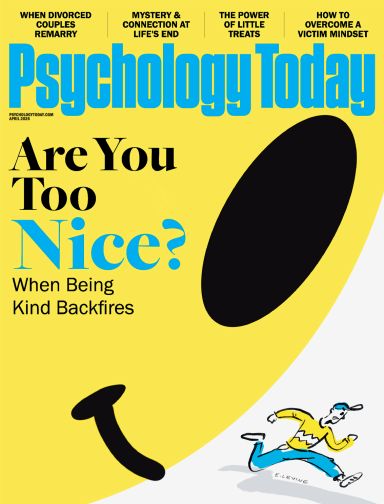Trust—or the belief that someone or something can be relied on to do what they say they will—is a key element of social relationships and a foundation for cooperation. It is critical for romantic relationships, friendships, interactions between strangers, and social groups on a large scale, and a lack of trust in such scenarios can come with serious consequences. Indeed, society as a whole would likely fail to function in the absence of trust.| Psychology Today
Human development is influenced by, but not entirely determined by, our parents and our genes. Children may have very different personalities, and different strengths and weaknesses, than the generation that preceded them. Caregivers should pay attention to their children's distinct traits and the pace of their development, and not assume that the approach to parenting that worked for their mothers and fathers will be equally successful in their own families.| Psychology Today
Identity encompasses the memories, experiences, relationships, and values that create one’s sense of self. This amalgamation creates a steady sense of who one is over time, even as new facets are developed and incorporated into one's identity.| Psychology Today


